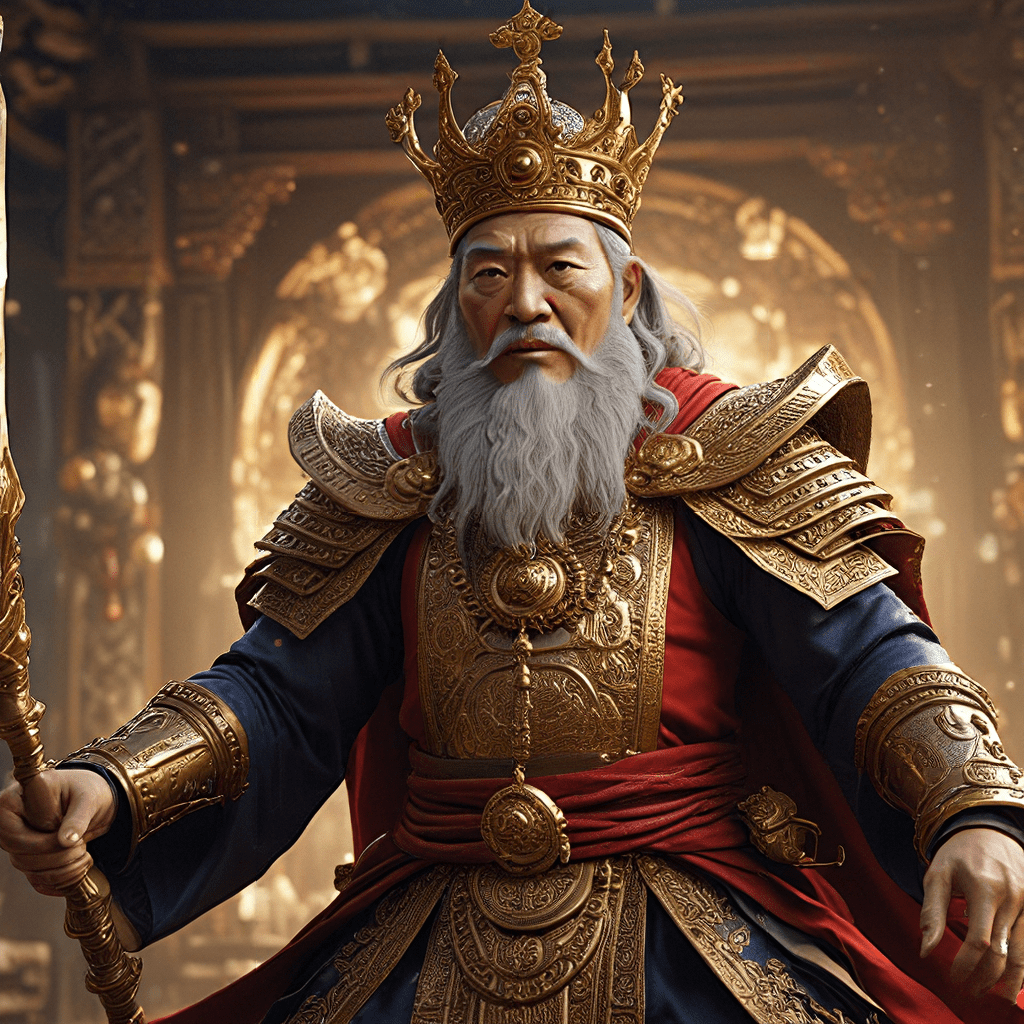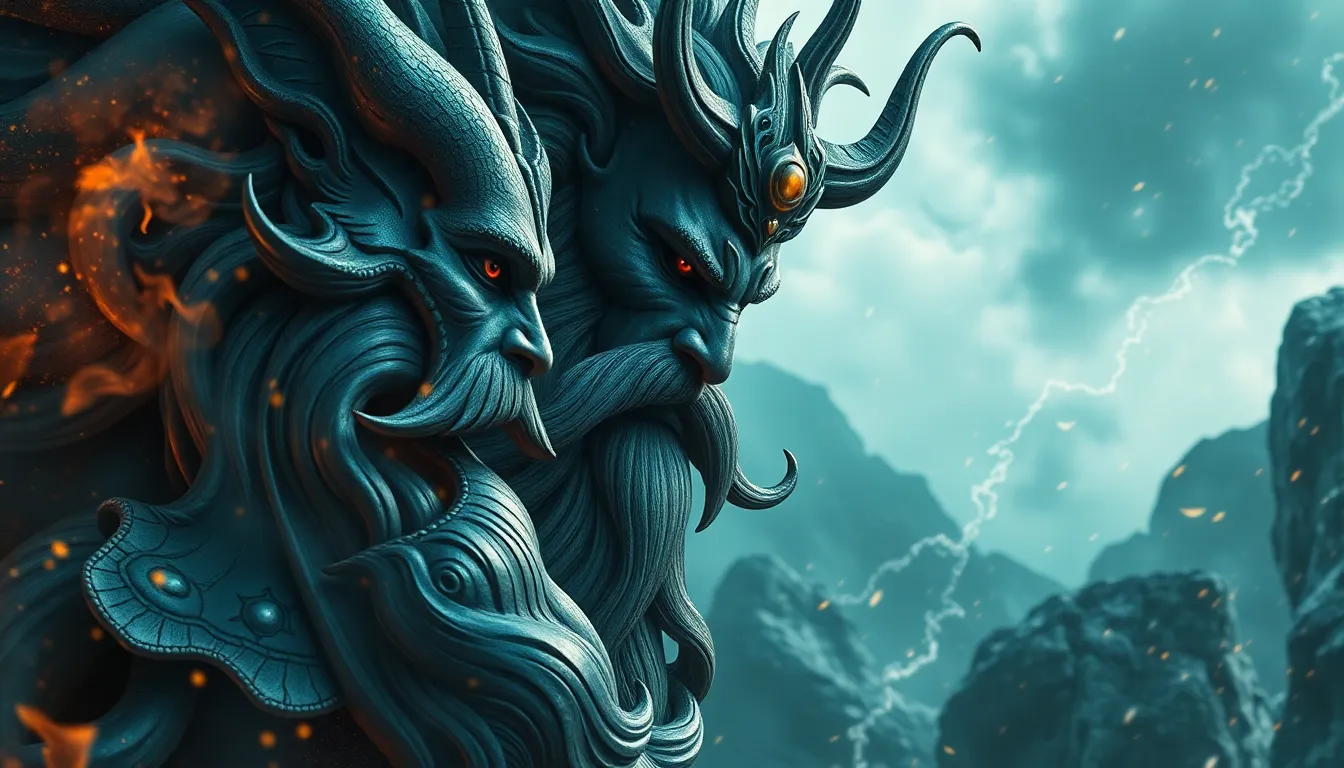Finnish Mythology: The Importance of Family
In Finnish mythology, family holds profound significance, shaping the fabric of society, personal identity, and cultural values. Family relationships form the cornerstone of Finnish folklore, with each member playing an integral role in the community.
The Three Sisters
The Three Sisters embody the concept of fate in Finnish mythology, overseeing birth, life, and death. Each sister represents a stage of life's journey: Louhi, the eldest, rules the underworld; Marjatta, the middle sister, governs marriage and children; and Tuoni, the youngest, oversees death. Through their influence, the Three Sisters determine the destiny of individuals, reflecting the belief in the power of lineage and familial heritage.
The Ancestors
Ancestors play a vital role in Finnish mythology, often appearing as benevolent spirits who guide and protect their descendants. Their wisdom and presence serve as a constant reminder of the importance of lineage and family history. Ancestors are believed to reside in the underworld, where they continue to watch over their loved ones, guiding them through difficult times.
The Hearth as Family Center
The hearth, a place of warmth and cooking, symbolizes the heart of the Finnish home. It serves as a gathering point for family members, a place where stories are shared, and family bonds are strengthened. The fire within the hearth represents the family's vitality and unity, providing both physical and emotional sustenance.
The Importance of Lineage
In Finnish mythology, lineage and bloodlines carry deep significance. Individuals inherit their ancestors' traits, abilities, and responsibilities. Family names and crests reflect ancestral heritage, and a strong emphasis is placed on maintaining the honor and reputation of the family line. Lineage serves as a source of identity and pride, shaping personal values and social status.
Family Feuds and Reconciliation
Despite the importance of family unity, conflicts can arise, leading to feuds that threaten the harmony of the household. Finnish mythology recognizes the potential for family discord and emphasizes the value of reconciliation. Through the wisdom of elders and the intervention of benevolent spirits, families can overcome their differences and restore their bonds.
The Role of the Father
In Finnish mythology, the father is depicted as the head of the family and provider. He is responsible for protecting his wife and children, making major decisions, and maintaining the family's reputation. Fathers are respected for their strength, wisdom, and leadership skills, and they serve as role models for their children.
The Mother’s Influence
Mothers play a vital role in Finnish mythology as nurturers and educators. They are responsible for caring for their children, teaching them household skills, and passing down family traditions. Mothers are revered for their compassion, wisdom, and unwavering love for their families. Their presence creates a sense of warmth and emotional security within the home.
Sibling Relationships
Sibling relationships in Finnish mythology are often complex and multifaceted. While siblings may share a close bond, they can also experience rivalry and conflict. Finnish folklore explores the dynamics between siblings, highlighting the importance of forgiveness, understanding, and the enduring nature of family ties.
Family Values in Modern Finnish Culture
The importance of family remains a cornerstone of Finnish society today. Finnish families prioritize spending time together, sharing meals, and supporting each other through life's challenges. Family values such as loyalty, respect, and cooperation are highly regarded, and they continue to shape personal relationships and community life in Finland.
FAQ
- What is the role of the Three Sisters in Finnish mythology?
The Three Sisters oversee birth, life, and death, representing the destiny of individuals. - How do ancestors influence Finnish families?
Ancestors are believed to guide and protect their descendants, serving as a constant reminder of lineage and family history. - What does the hearth symbolize in Finnish mythology?
The hearth represents the heart of the home, a place of warmth, unity, and storytelling. - Why is lineage important in Finnish mythology?
Lineage and bloodlines carry deep significance, shaping personal values, social status, and the honor of the family line. - How are family feuds resolved in Finnish mythology?
Family feuds can be overcome through reconciliation, facilitated by the wisdom of elders and benevolent spirits.



